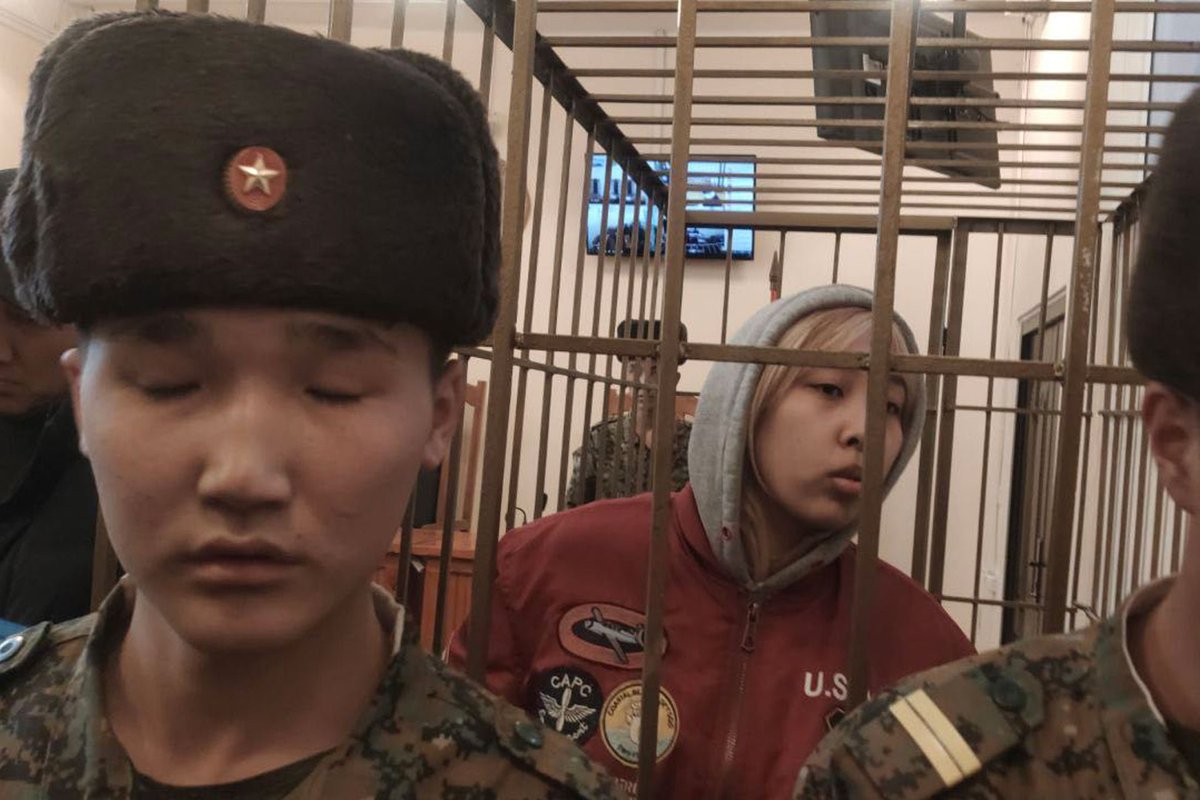The world knows Bucha and Mariupol, but there's hardly a corner of Ukraine untouched by Russian crimes.
We've just published this story about Andriivka, a small village about an hour outside Kyiv. Please read and share.
Important bits in this thread 👇 occrp.org/en/investigati…
We've just published this story about Andriivka, a small village about an hour outside Kyiv. Please read and share.
Important bits in this thread 👇 occrp.org/en/investigati…
Andriivka is a small village of just 1500 people. This is what it looked like after the Russian military spent a month occupying it.
@istories_media reporter Ekaterina Fomina travelled there to document Russian crimes — there were 13 dead civilians, and over 40 still missing.
@istories_media reporter Ekaterina Fomina travelled there to document Russian crimes — there were 13 dead civilians, and over 40 still missing.

This lady, Tatiana Udod, and her husband, were searched several times by Russian soldiers.
The Russians stole the couple's old Lada and used it to tear around the village. They also stole this cell phone. This becomes important...
The Russians stole the couple's old Lada and used it to tear around the village. They also stole this cell phone. This becomes important...

...because that phone was later found elsewhere in the village. When Tatiana and her husband got it back, they found 25 photos a group of 4 Russian soldiers had taken of themselves.
@istories_media identified all four, shown here matched with social media posts.
@istories_media identified all four, shown here matched with social media posts.

Remarkably, Fomina called the soldier on the left, Daniil Frolkin — and he answered. He talked to her about his experience for a while. Then he called back, smoking a cigarette. He had a confession to make. 

He confessed to killing one civilian in Andriivka, saying he did it out of revenge because the man was acting a as spotter for Ukrainian artillery.
“I tell him to walk forward. He walks forward. I tell him, ‘On your knees.’ And I just shoot him in the head.”
“I tell him to walk forward. He walks forward. I tell him, ‘On your knees.’ And I just shoot him in the head.”
This is Ruslan Yaremchuk, almost certainly the man Frolkin killed. 47 years old. He had four children, loved photography and videography.
“He just filmed everything he saw,” says his daughter Yaroslava. “We assume that’s why they shot him."
“He just filmed everything he saw,” says his daughter Yaroslava. “We assume that’s why they shot him."

In his interview, the Russian soldier went on to denounce his commanders — who he said "don’t consider ordinary soldiers to be people." 

Frolkin says he decided to confess for the sake of "his lads." He wanted his commanders punished.
He said his brigade was down to just 50 men, who are now being thrown into battle in Kherson. "They physically can’t stand it anymore," he said. "Our brigade is being destroyed."
He said his brigade was down to just 50 men, who are now being thrown into battle in Kherson. "They physically can’t stand it anymore," he said. "Our brigade is being destroyed."
But the story isn't just about him, or the other soldier reporters spoke with. It's about their victims.
One man was killed next to his friend. His mother wasn't allowed near his body in case it was mined.
One man was killed next to his friend. His mother wasn't allowed near his body in case it was mined.

“I went there every day anyway,” she says. “I took water from the house and washed them. There are tanks driving past, equipment, dust was getting on them. I thought no one would wash them.” 

There's lots more. Please read the full story here. occrp.org/en/investigati…
This story is by @istories_media, our Russian partners. They've been exiled from their country, but they continue their groundbreaking reporting. They're obsessed with getting this information to their countrymen.
The work is vital. They deserve support. istories.media
The work is vital. They deserve support. istories.media
And finally, here's their video version of this investigation, if you speak Russian. (English subtitles coming soon.)
• • •
Missing some Tweet in this thread? You can try to
force a refresh











